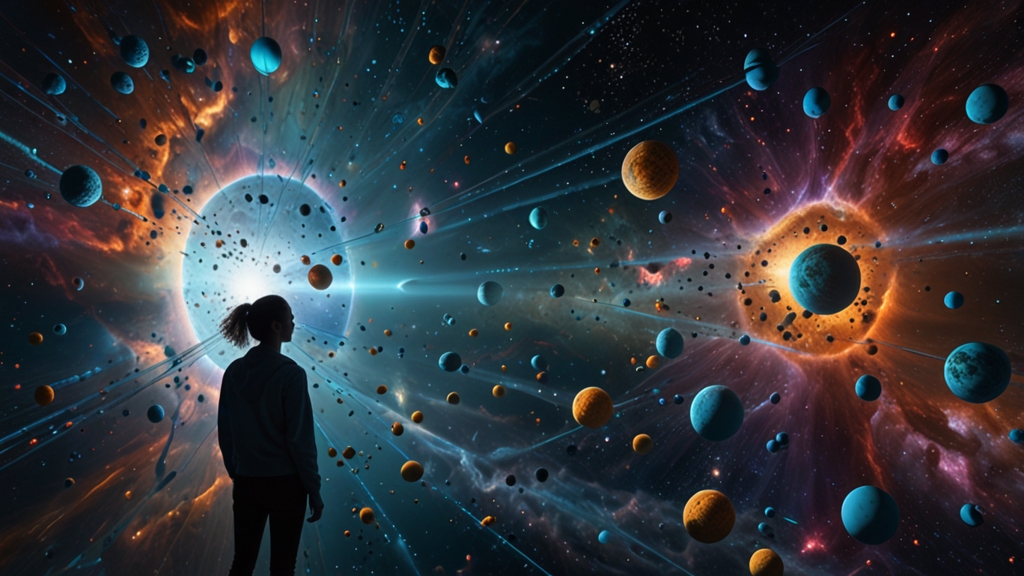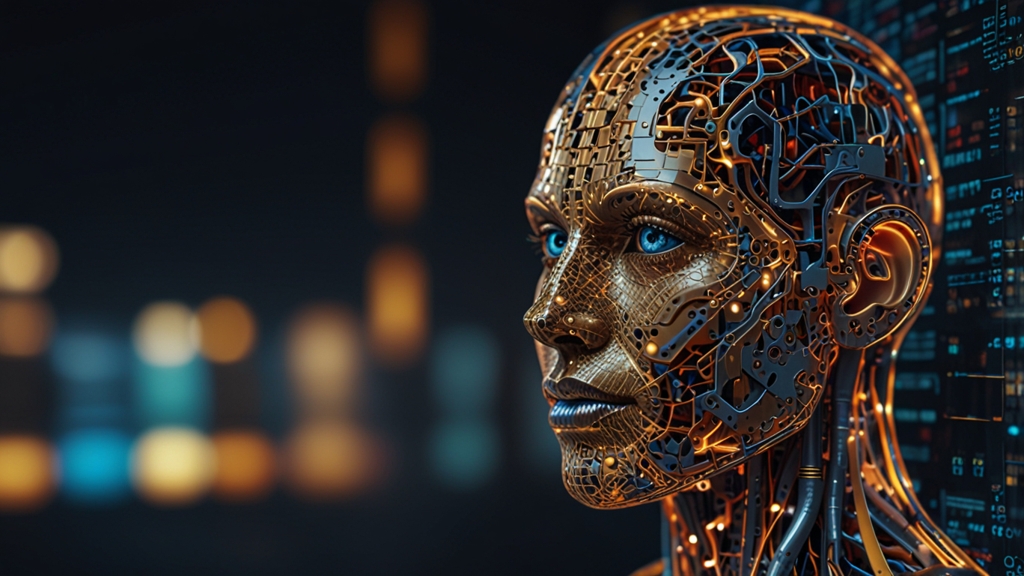Exploring the Multiverse: Are We Living in One of Many Realities?
The concept of the multiverse proposes that our universe is just one of many, perhaps an infinite number, of parallel realities. This idea, once confined to the realm of science fiction, has gained traction in the scientific community over recent years. The multiverse hypothesis suggests that all possible alternative histories and futures are real, each existing in separate and distinct universes.
Quantum Mechanics and the Multiverse
Quantum mechanics, the fundamental theory in physics that describes nature at the smallest scales, plays a crucial role in the multiverse idea. One of the most intriguing aspects of quantum mechanics is the principle of superposition, where particles can exist in multiple states at once. When observed, these states collapse into a single reality.
Hugh Everett’s "Many-Worlds Interpretation" (MWI) of quantum mechanics, proposed in 1957, takes this a step further. According to MWI, every possible outcome of a quantum event exists in its own branching universe. If true, this means that every decision we make spawns a multitude of alternate realities where different versions of ourselves exist.
Cosmological Theories and the Multiverse
In addition to quantum mechanics, various cosmological theories also support the idea of the multiverse. The most prominent among these is the theory of cosmic inflation. Introduced by Alan Guth in the 1980s, cosmic inflation suggests that the rapid expansion of the universe following the Big Bang could lead to the creation of multiple, bubble-like universes.
"Cosmic inflation doesn't just explain the homogeneity of the observable universe; it implies that there could be a vast, possibly infinite, number of other universes, each with its own physical properties and constants." - Alan Guth
Each "bubble" universe could have different physical laws, constants, and particles, leading to drastically different worlds. Some may resemble our own universe, while others could be entirely alien to us.
Implications of the Multiverse
The implications of the multiverse hypothesis are both profound and unsettling. If true, it would mean that our universe is just a tiny part of a much larger, more complex reality. The idea challenges our understanding of existence, uniqueness, and the nature of reality itself.
"The multiverse concept raises questions about the nature of existence and our place within it. Are we just one of countless versions of ourselves, or is there something fundamentally unique about our reality?" - Max Tegmark
Some philosophers and scientists argue that the multiverse offers a solution to the fine-tuning problem—the question of why our universe has the precise conditions necessary for life. If there are countless universes with varying conditions, it's not surprising that at least one would have the right conditions for life as we know it.
Cultural and Philosophical Impact
The multiverse theory also resonates deeply within popular culture. Many books, movies, and TV shows delve into the concept, exploring alternate realities and their consequences. Stories of parallel dimensions often captivate audiences, reflecting our curiosity about the unknown and the possibility of what might have been.
Philosophically, the multiverse raises questions about identity and morality. If every possible choice leads to a different reality, are there versions of us leading vastly different lives? How would this impact our understanding of moral responsibility? These questions challenge our notions of free will and determinism.
Scientific Skepticism and Future Research
Despite its intriguing nature, the multiverse hypothesis remains a topic of debate among scientists. Critics argue that it is inherently untestable and therefore not within the realm of empirical science. Without the ability to observe or measure other universes, some scientists contend that the multiverse is more speculation than science.
Future research may provide more concrete evidence for or against the multiverse. Advances in cosmology, quantum computing, and particle physics could offer new insights into the fundamental nature of reality. Until then, the multiverse remains a tantalizing possibility, one that continues to stir the imagination of scientists and the general public alike.
Conclusion
The idea of the multiverse challenges our understanding of reality and our place within it. Whether grounded in the principles of quantum mechanics or the vastness of cosmological theory, the concept offers a fascinating glimpse into the possible complexities of existence. While we may not have definitive answers yet, the exploration of the multiverse remains one of the most compelling and thought-provoking endeavors in modern science.









